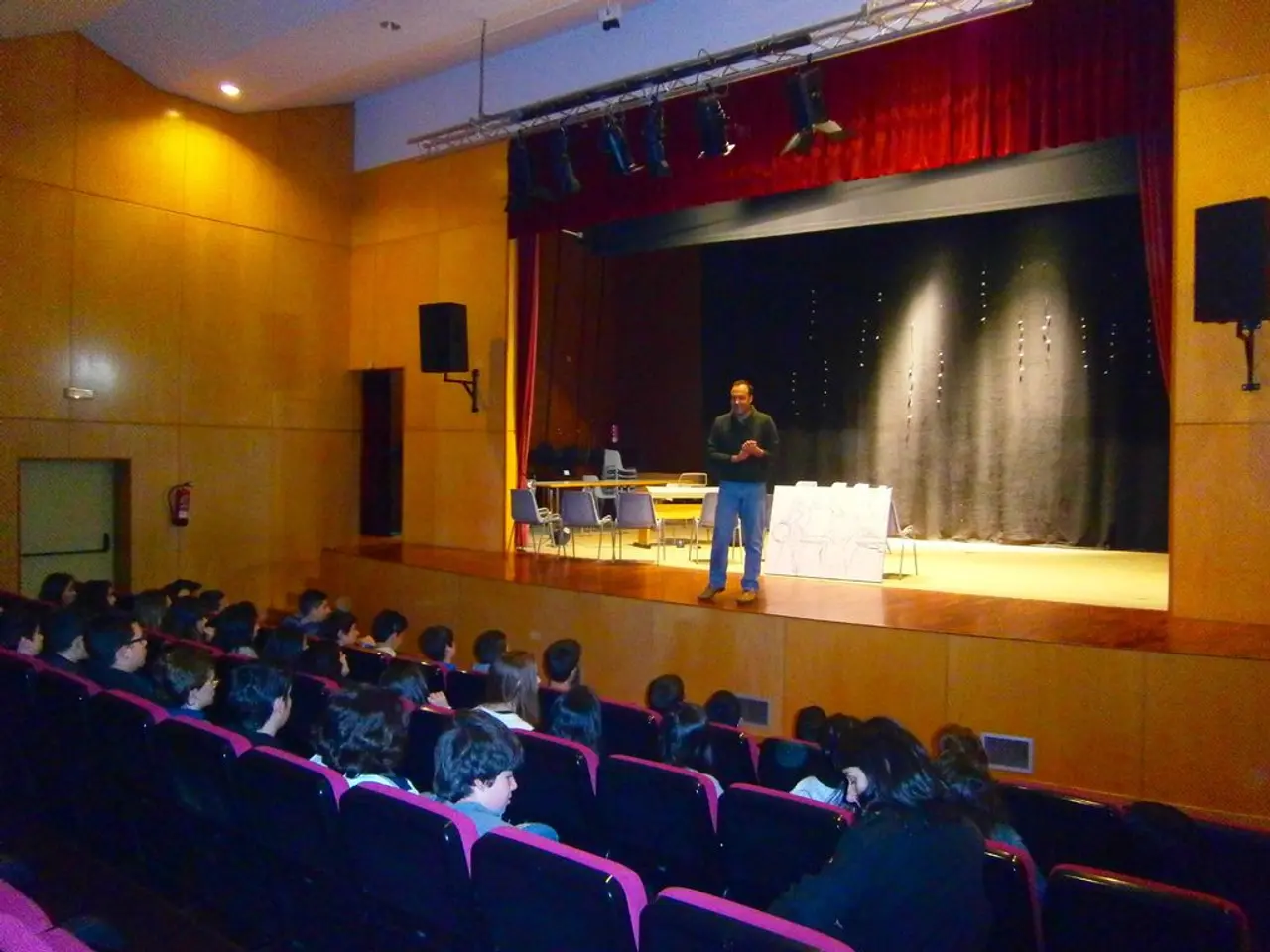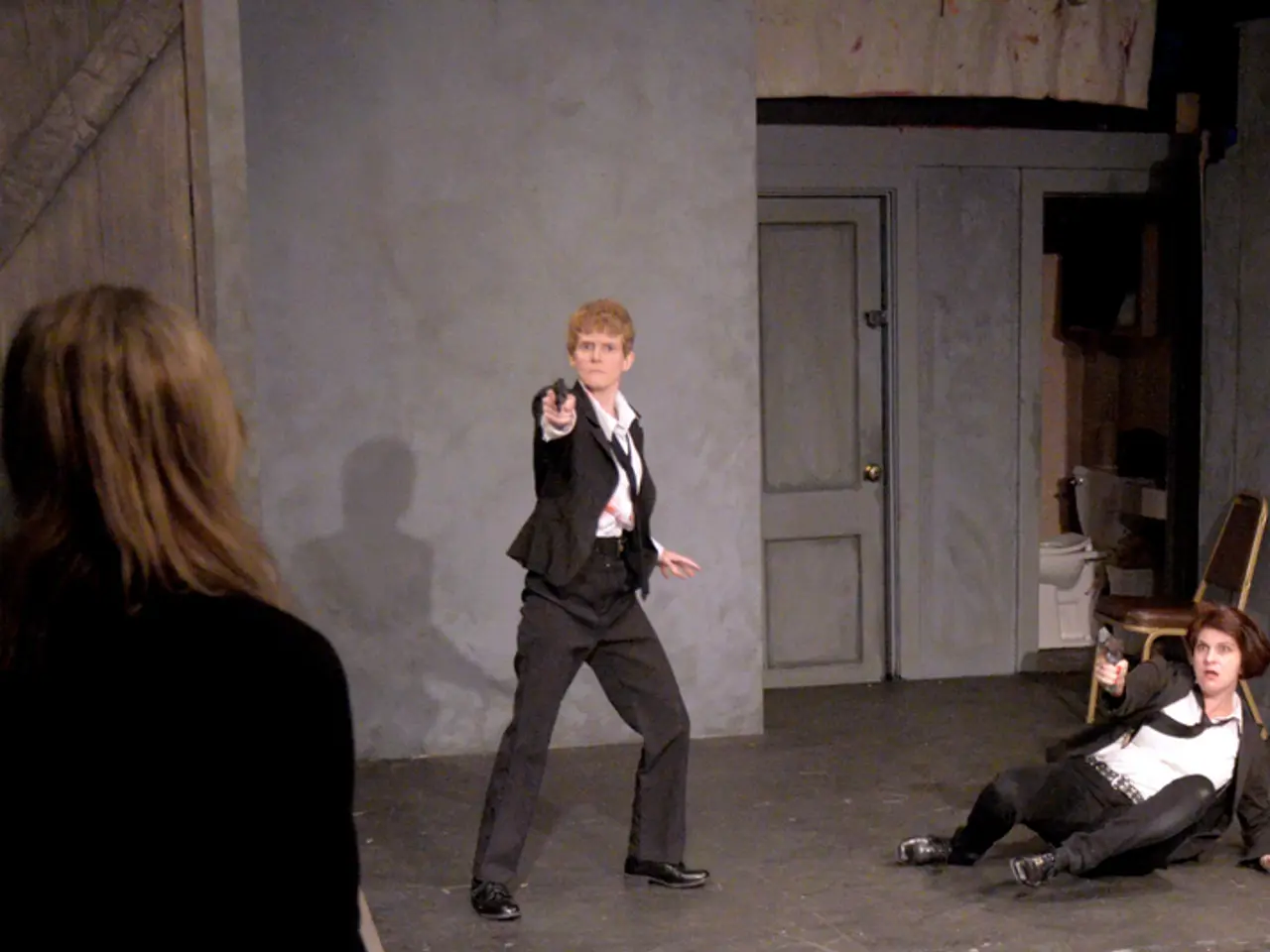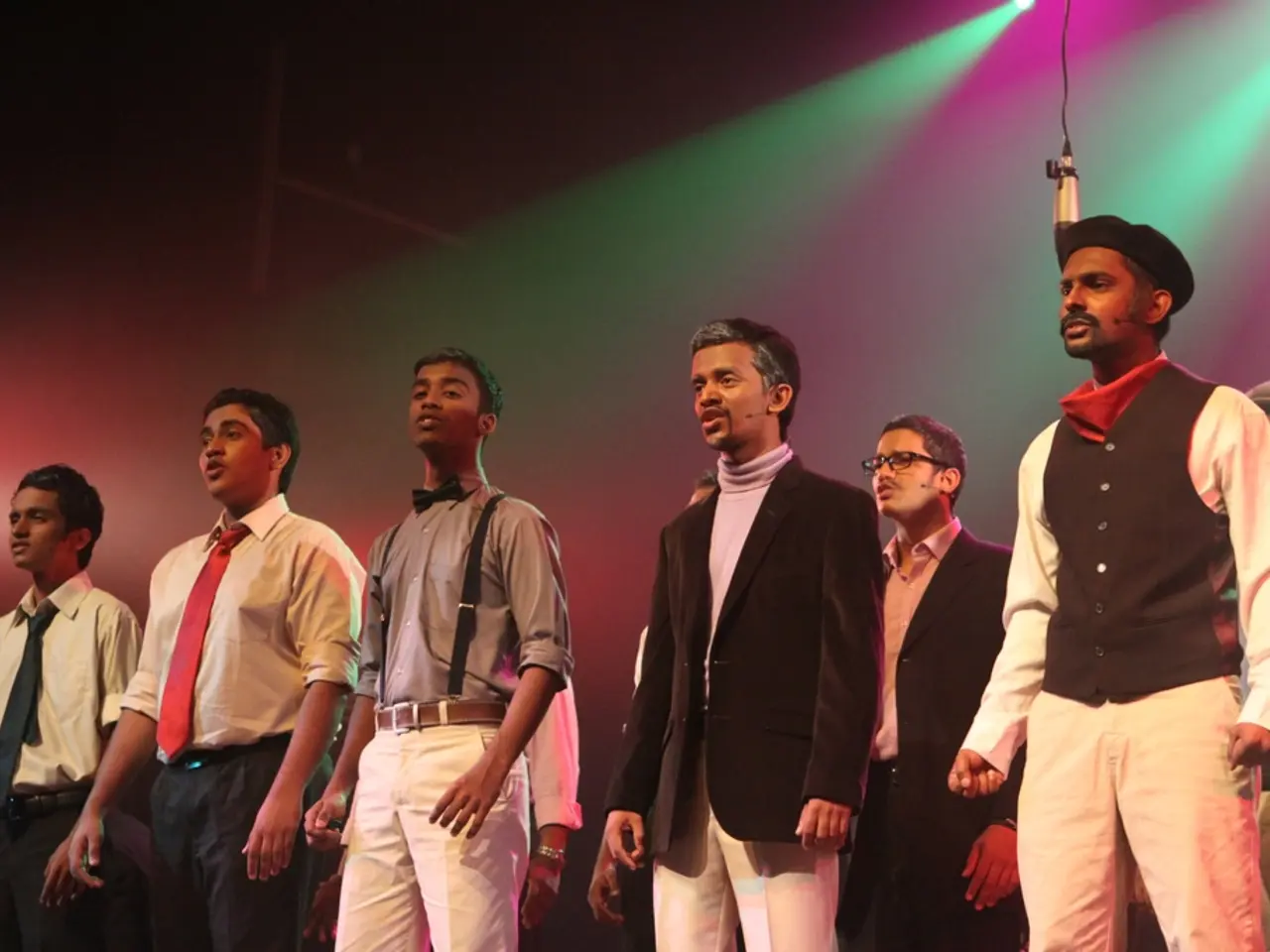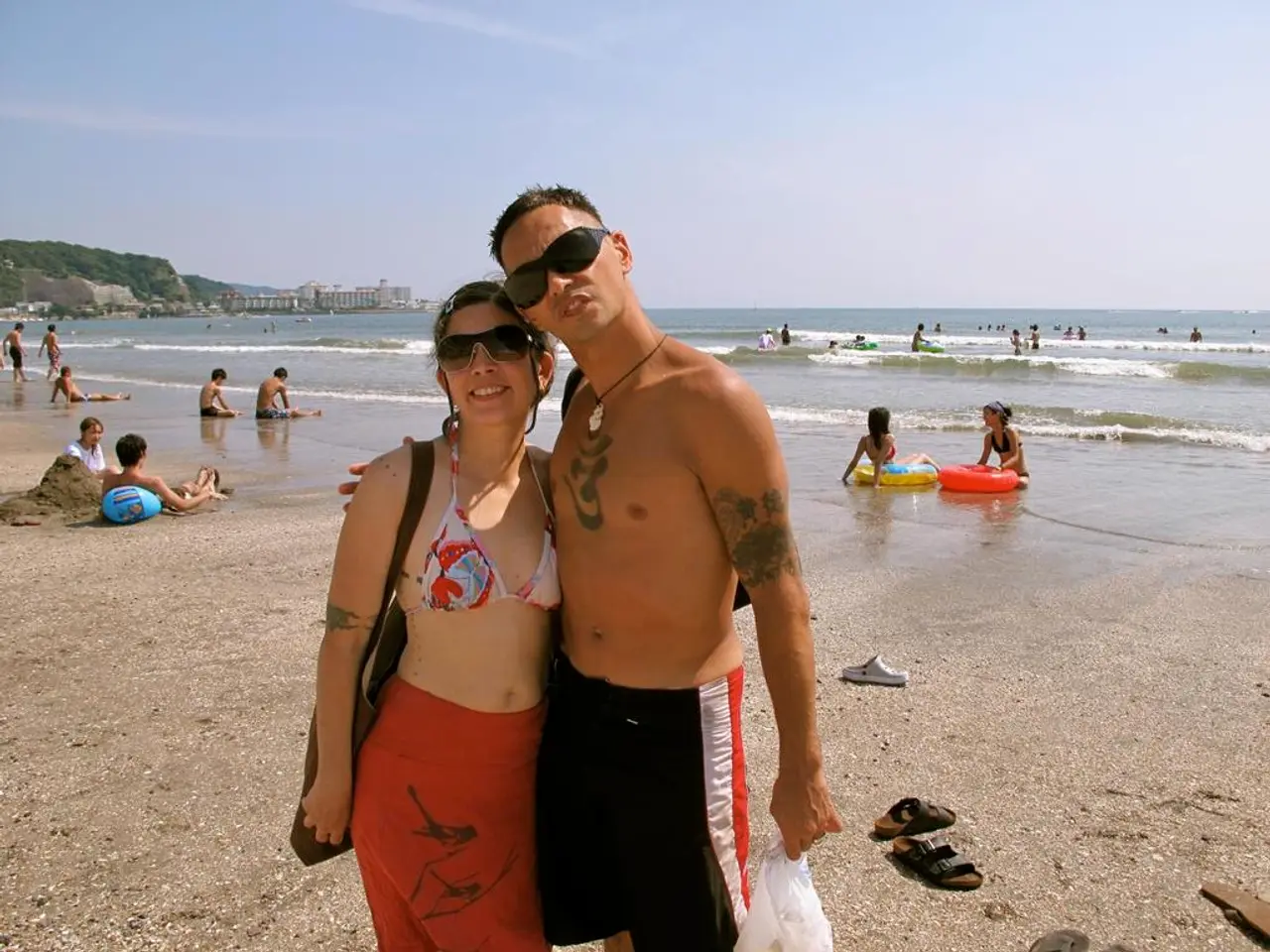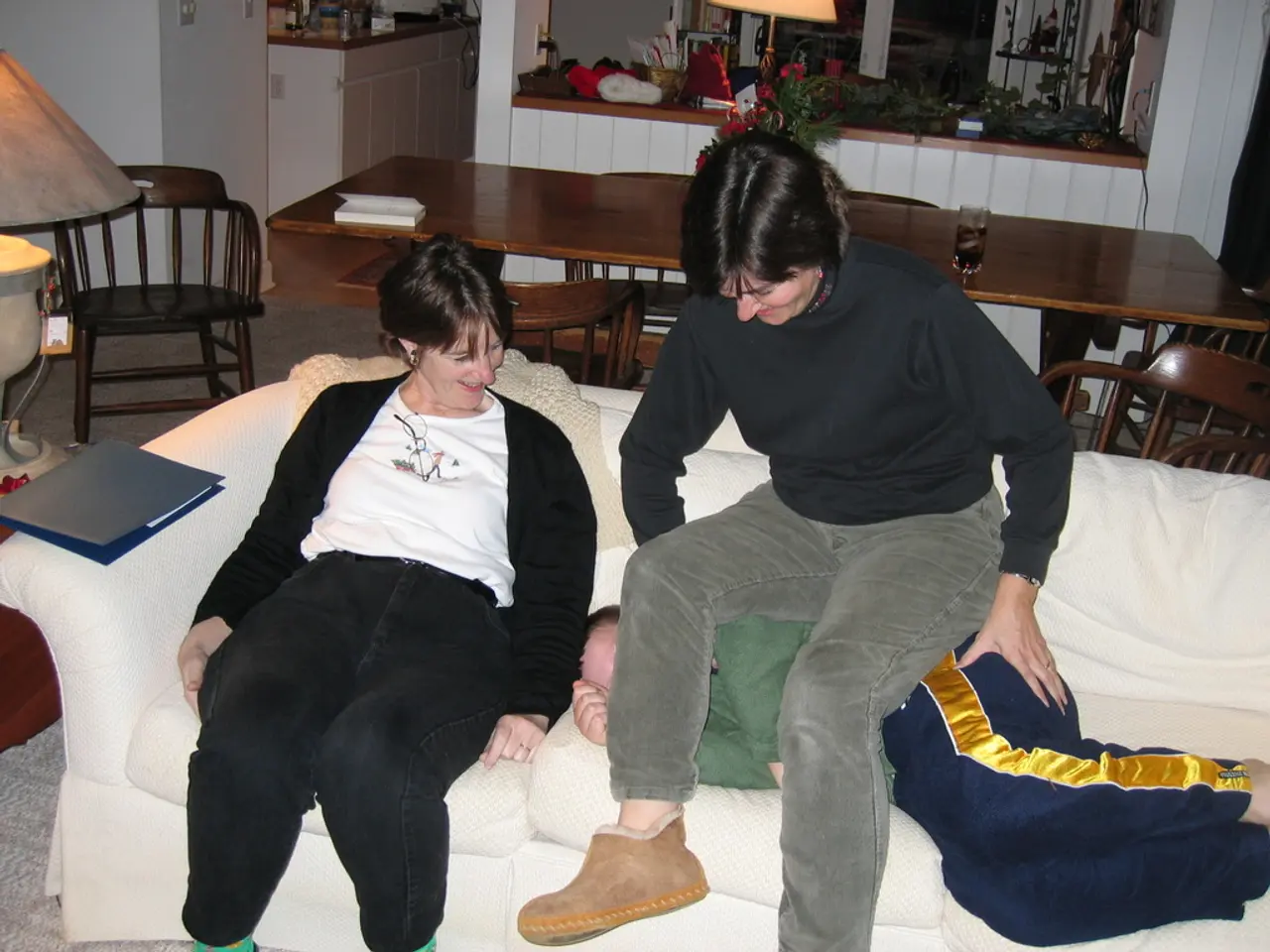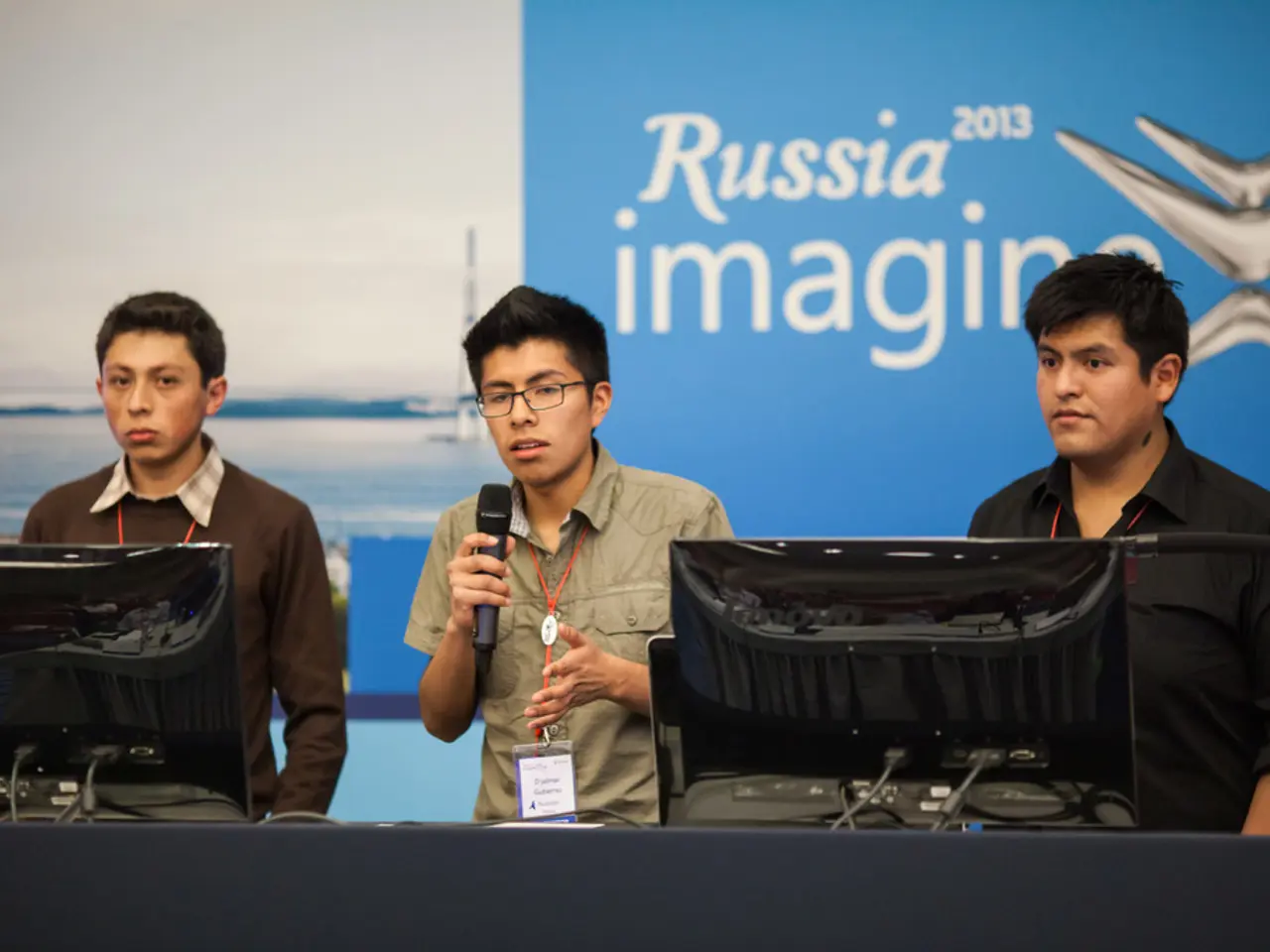Famed theatre icon Claus Peymann has passed away.
Claus Peymann (1937-2025), a prominent figure in German-language theater, was celebrated for his artistic accomplishments but also notorious for the political controversies and scandals that marked his career. Throughout his tenure, Peymann served as the director of esteemed theaters such as Vienna’s Burgtheater and the Berliner Ensemble, where he left an indelible mark with his provocative productions and outspoken political views.
Peymann, who described himself as an intellectual of the '68 generation and an old hustler who loved farce, was known for stirring up conversation, audiences, and even entire countries. His theater was never just a place for entertainment; it was a forum for political discussion, often pushing the boundaries of what was socially and politically acceptable.
During his 15-year tenure at the Stuttgart Schauspielhaus from 1974 to 1979, Peymann caused a scandal by collecting money for the imprisoned RAF terrorist Gudrun Ensslin. This act of solidarity sparked heated debates and protests. In a similar vein, Peymann's support for leftist activists continued throughout his career, with plans to have a former terrorist, Christian Klar, do an internship at his Berlin Ensemble in 2009. However, Klar eventually canceled due to criticism.
Peymann had a fondness for grand productions and grand scandals. He engaged in a bizarre feud with Rolf Hochhuth, refusing to allow Hochhuth to stage his famous play "The Deputy" during the summer break at the Berliner Ensemble. This refusal led to Hochhuth threatening to be exposed to ridicule.
Peymann's most memorable scandal, however, occurred during his tenure at the Vienna Burgtheater. His premiere of Thomas Bernhard's "Heldenplatz" in 1988 caused a nationwide uproar, with the play's criticism of Austria resonating deeply. This scandal, now considered typical of Peymann, marked the end of his time in Vienna in legendary fashion.
Upon moving to Berlin, Peymann expressed his intention to use the Berliner Ensemble to hint at and set ablaze government secrets. However, the Berliner Ensemble, under his leadership, lacked the bite of his earlier productions, with only a few productions remaining memorable.
Claus Peymann will be remembered not only as a master director but as a provocateur who used the stage to confront power, question norms, and stimulate debate. His career underscores the enduring ability of theater to serve as a mirror and a catalyst for societal change. His legacy continues to inspire artists and audiences alike, reminding us of the potential power of theater to challenge and transform.
Celebrities often found themselves entwined in the political and social upheavals orchestrated by Claus Peymann, as his support for various leftist activists, including plans for a former terrorist to do an internship, sparked controversy and debate. Peymann's theater was more than just a source of entertainment; it served as a platform for discussing and challenging societal and political norms.
